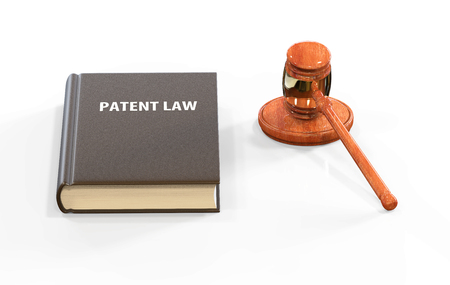Overview
Have you ever wondered why there is a patent system in the United States? Believe it or not, the framers of the U.S. Constitution gave Congress the power to create a patent system right in the Constitution itself—Article 1, Section 8 to be exact—alongside its powers to coin money, create taxes, and create an army: “The Congress shall have Power … To Promote the Progress of Science and Useful Arts, by securing for limited Times to … Inventors the exclusive Right to their respective … Discoveries.” So, the framers apparently thought that the progress of science and useful arts was important enough to put it directly into the Constitution.
But why a patent system? To answer this question, we turn to a longstanding maxim of academia, and science in particular, which likely motivated the framers: “publish or perish.” Although this phrase may be so mewhat overused, it captures, among other things, the idea that publishing the latest findings of one scientist enhances the progress of science since others can learn and enhance upon what the one scientist discovered. If everyone kept their discoveries secret, science would certainly progress at a snail’s pace. So, a seemingly effective way to promote the progress of science and useful arts is to encourage people to publish their discoveries. But, telling everyone else about your discovery is a good way to let others capitalize on your discovery.
mewhat overused, it captures, among other things, the idea that publishing the latest findings of one scientist enhances the progress of science since others can learn and enhance upon what the one scientist discovered. If everyone kept their discoveries secret, science would certainly progress at a snail’s pace. So, a seemingly effective way to promote the progress of science and useful arts is to encourage people to publish their discoveries. But, telling everyone else about your discovery is a good way to let others capitalize on your discovery.
So, Congress was stuck with the problem of how to encourage people to publish their discoveries when doing so is inherently against their own financial interests. What Congress decided to use, which wasn’t a completely new idea, was to allow people to have a monopoly on their discoveries. If you think about it, this is a fairly unusual idea since, at its core, having a monopoly is anti-competitive and contrary to having healthy competition in the marketplace, which is another goal of the U.S. Congress. And this is the reason Congress allows these monopolies, called patents, to last for only a limited time. Congress also requires the person who made the discovery to disclose the discovery in sufficient detail so the rest of us know how to make it.
By having patents, the government achieves its goal of making new discoveries public knowledge so that others can continue to build on this knowledge, while the inventors are allowed to have exclusive rights to their idea for a limited time—currently 20 years. As one can also imagine, Congress is not incentivized to give someone a monopoly if that person has already published her ideas. So the inventor is charged with keeping the invention secret until the inventor files a patent application. Although there are some nuances in this rule, we recommend that inventors keep their invention secret and out of the public eye until they have sought advice from a patent professional.